UPDATE | December 24, 2021
Onomatopoeia is a Japanese expression that expresses natural sounds, voices, states, and movements. In winter, you will often read and listen to onomatopoeia such as "shinshin," "blurring," and "warm" in Japan. It often appears when reading Japanese reading comprehension sentences. In this article, I will introduce onomatopoeia that is often used in winter with example sentences. Learn the meaning and learn more about Japanese than ever before.
INDEX
I don't use it much in conversation, but the onomatopoeia that often appears in Japanese sentences is "shinshin." It is a word that describes how "snow" falls quietly.
Some people may think that onomatopoeia is used for things that have sound. However, this "shinshin" shows that it is snowing without sound.
Also, the word "to be quiet" means "become quiet". "Shin" is a Japanese word for quietness. Maybe some people have seen a monologue called "scene" in Japanese manga. It is often used to express that no one is speaking, no sound or voice.
From ancient times, the Japanese have felt that the quiet state of nature is beautiful. The fact that onomatopoeia is used even for things that have no sound makes me feel that kind of Japaneseness.
[PR]
The onomatopoeia that expresses the trembling state is "blurring". Use it not only when it's cold, but also when you're scared and dying. For example, you can use it as "the ghost in the movie was so scary that it shook." Also, "gata" is often used in the same meaning.
In the above example sentence, you can say "the limbs are shaking", but by saying "shaking", you can convey the coldness and fear to the listener.
If you have a chance to talk to Japanese people, you can say it once. Although it appears in sentences, it is more often used in conversation.
"Poka Poka" is used when you think "it's warm and comfortable". I often see people using it not only in warm spring but also in cold winter.
Because winter is cold, it feels warmer than usual when something happens. You can also use it in conversations such as "It's cold outside", "It's warm when you turn on the heating in the house", "It's snowing. Is it okay?", "I'm warm because I'm wearing a coat". increase.
It is an onomatopoeia that you often see in reading comprehension. It can be used in winter and spring, that is, half a year, so let's remember and use it from now on.
Onomatopoeia is not only useful for reading comprehension questions in the exam, but it also gives you an idea of what Japanese people have valued in their expressions.
It is said that it may snow a lot in western and eastern Japan this winter. When I saw the snow falling quietly, I thought, "It's falling gently," so I walked in the snow and said, "I'm swaying in the cold," and I went into a warm room and told my friends, "I'm warm." If you try, you should be able to enjoy winter in Japan along with Japanese.
■ Recommended for those who read this article
Japan's trendy series 1st | Read on your smartphone! Manga that Japanese people often read now
Japanese Trend Series 4th | Learn Japanese in an easy-to-understand way by learning popular words

Free writer who likes reading. Born and raised in Osaka and moved to Tokyo in 2010. He writes articles, book reviews, and columns. Currently, while writing, she teaches Japanese to foreigners at a Japanese language school in Tokyo.
[PR]
[PR]